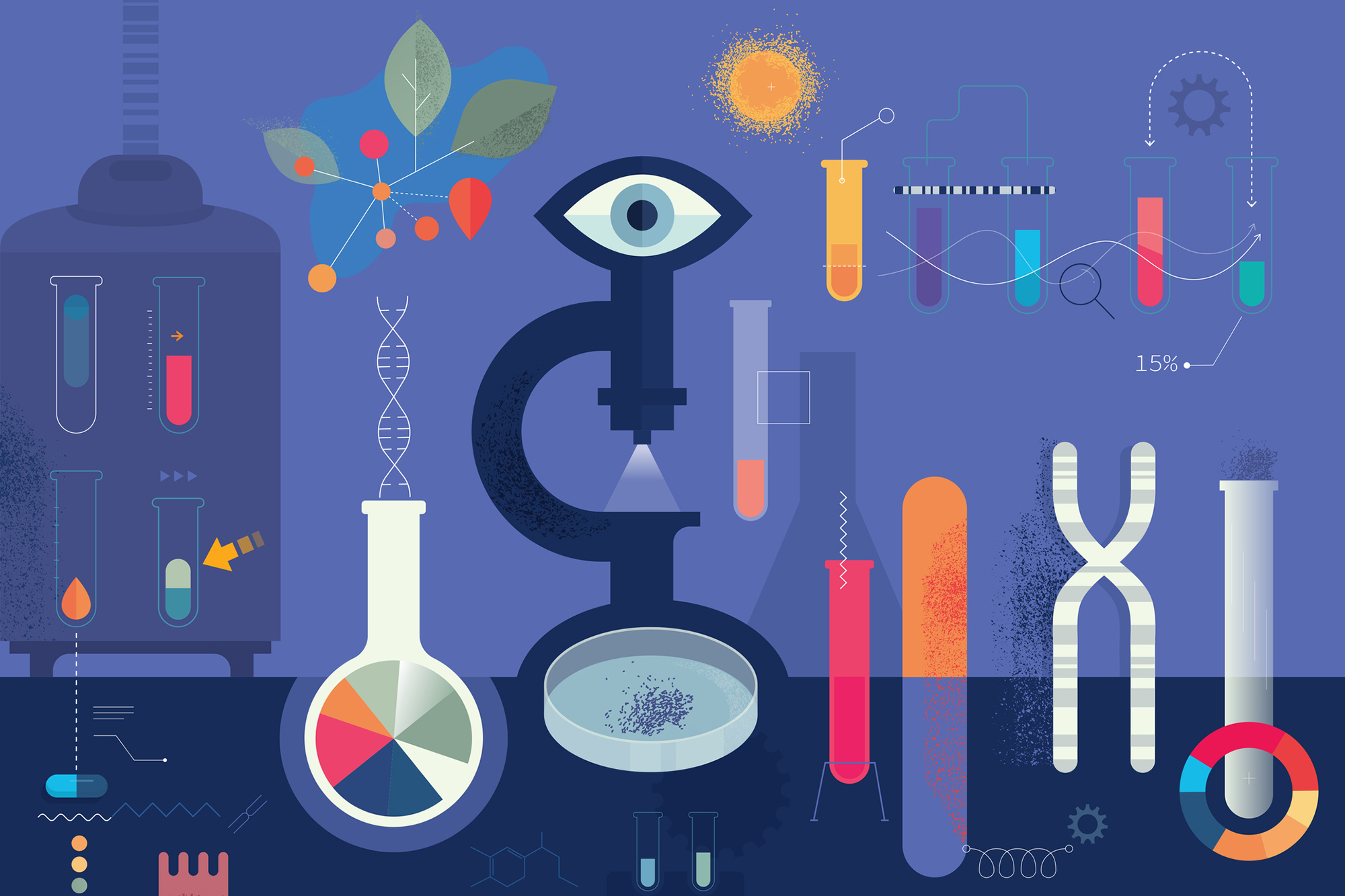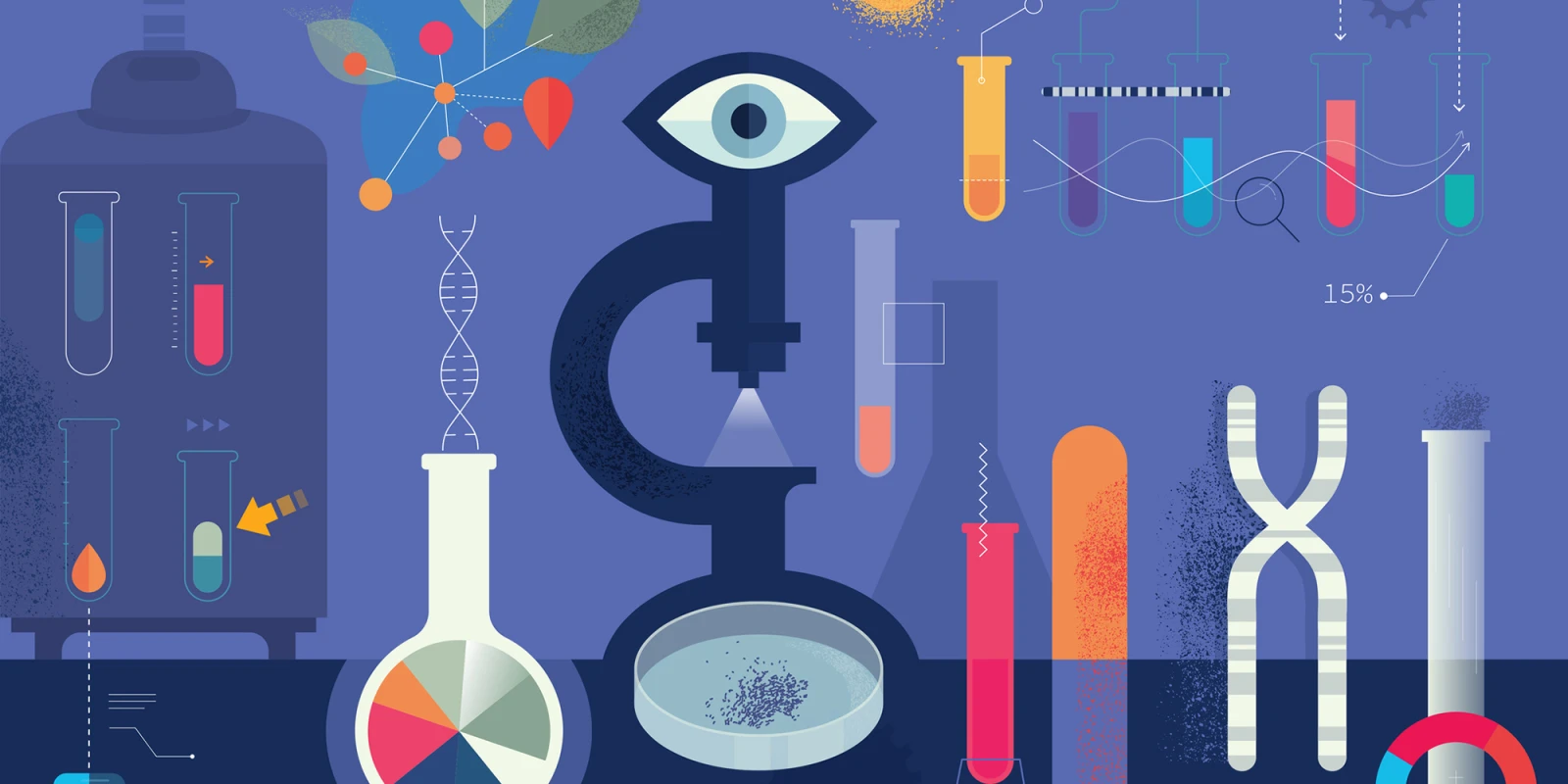
It was great to be at the ASH meeting in Orlando, Florida. Many key trials were presented. We had some interesting data in Chronic Lymphocytic Leukemia (CLL), Acute Myelogenous Leukemia (AML), and Non-Hodgkin's lymphoma arenas.
Chronic Lymphocytic Leukemia
For hematology and oncology physicians, this is the one area in which treatment options have expanded rapidly. We have a new medication that will be a challenger in the first line setting for patients with symptomatic CLL. Every physician that treats patients with CLL should know about this medication because it is something that you can use right away in your clinic.
Acalabrutinib is an oral bruton tyrosine kinase medication that is used for patients with CLL. After this study was presented, it immediately moved into First Line Treatment Recommendation List in the NCCN Chronic Lymphocytic Leukemia Guidelines.
In this study, eligible patients requiring treatment were randomized in to 1:1:1 cohort groups. One group received Acalabrutinib 100 mg BID, another group included Acalabrutinib with Obintuzumab, and the last group received Chlorambucil and Obintuzumab. Subgroup analysis included patients with 17p mutations.
The significance of this study is the fact that Acalabrutinib appears to have less toxicity compared to its competition in the first line setting for CLL. As hematologists and oncologists that treat patients with CLL, we think about treatment associated side effects such as atrial fibrillation, bleeding, and hypertension. This medication, compared to historical controls, appears to have fewer of these associated side effects.
Therefore, I expect many hematologists and oncologists to consider using this medication upfront because of a decrease in treatment toxicity.
However, the one key takeaway that seems to be relevant in CLL is the debate of convenience versus fixed duration treatment. Current Phase II clinical studies will be maturing that will slowly shift treating physicians into two camps. One camp of hematology and oncology physicians will consider the convenience of daily dosing of Acalabrutinib and Ibrutinib for our patients. However, the second camp of hematologists and oncologists will lean toward fixed duration of treatment for patients with CLL. We currently have FDA-approved treatment regimen for CLL patients that also has a first line indication Venetoclax with Obintuzumab. Also, there are more clinical trials that will be mature in the next couple years including Ibrutinib with Venetoclax and Acalabrutinib, Venetoclax, and Obintuzumab.
Lastly, we have found that patients that fail first generation Bruton Tyrosine Kinases (BTKs) appear to have a genetic signature of C481S. There is a new BTK medication known as ARQ 531 that has shown in preclinical studies to overcome this mutation that makes Ibrutinib and Acalabrutinib resistant thus patients progress on bruton tyrosine kinase treatment.
Acute Myelogenous Leukemia
Acute myelogenous leukemia (AML) is one of the most aggressive cancers that we treat as hematology and oncology physicians. More than 20,000 patients are diagnosed every year and the survival rate is only 25% for five years. The toughest part of this cancer is the fact it is a very heterogenous cancer yet we treat with a standard treatment known as 7 + 3 (seven days of standard dose Cytarabine and three days of Anthracycline). Therefore, leading cancer researchers have developed clinical studies for precision medicine and use of molecular profiling in this field. That is the rationale behind this Beat AML study presented at ASH 2019.
The multi-arm and multi-collaborative trial is known as the BEAT AML umbrella trial. In this study, 285 patients were enrolled with a median age of 72. Next generation sequencing by Foundation Medicine was used to assign tailored to individual genomics of the cancer patient of elderly patients with AML within seven days. This study demonstrated an overall survival benefit based on a targeted therapy approach as opposed to one treatment fits all.
Patients were randomized to various treatment arms based on molecular profiling of core binding factor, NPM1 mutation/FLT3 wildtype; MLL rearrangements; IDH2 mutations; IDH1 mutations; TP53 mutations; complex karyotype with no TP53 mutations; FLT3 mutations; TET2/WT1 mutations (hypermethylation phenotype); and marker-negative AML.
This study validates the use of molecular profiling to best treat our patients with AML. The one caveat is the turnaround time delay of receiving the molecular studies. Ideally, hematologists and oncologists would want the results of this study sooner so we don’t delay treatment.
Non-Hodgkin's Lymphoma
One of the most exciting pieces of news at ASH was the rise of “off the shelf” bi-specific antibody that targets CD3 and CD20 on the surface of T cells. The reason this is exciting news for hematologists and oncologists is because although CAR-T cell treatment has been revolutionary for our blood cancer patients, there are limitations of CAR-T cell treatments.
One limitation for CAR-T cell treatment is a question: What happens if the CAR-T cell treatment stops working or if a patient’s CAR-T cell treatment doesn’t work at all? Up to 60% of patients that receive CAR-T cell treatment have no benefit.
The other limitation of CAR-T cell treatment is the time and expense of CAR-T cell treatment. It can take up to two weeks to genetically engineer a CAR-T cell for a patient. Also CAR-T cell treatment can cost close to $400,000 dollars. Therefore, it can take several weeks to receive insurance coverage approval.
Based on these factors, this study was eagerly anticipate at the ASH meeting.
Mosunetuzumab is a bispecific antibody (BiTe) that is an off-the-shelf immunotherapy medication that can be used to treat patients immediately without the delay and cost of genetically engineering a CAR-T cell. The side effects are very similar to CAR-T cell treatment, including mild cytokine release syndrome and minor neurologic deficits.
In this study, 37.7% of patients with aggressive Non-Hodgkin's lymphoma (includes Diffuse Large B-Cell Lymphoma) that failed multiple lines of treatment had a response rate. Furthermore, 62.7% of patients with indolent lymphoma (includes Follicular Lymphoma) that has failed multiple lines of treatment had a response to treatment.
Most interesting, 38.9% of patients that failed multiple lines of treatment, including CAR-T cell, responded to this medication.
This novel medication will be another revolutionary treatment once the study matures. Many hematologists and oncologists believe this will compete in the CAR-T cell space because of the convenience of the “off the shelf” and superior response rates.
The best part of CAR-T cell and bispecific antibody treatments are that they can be customized for many different cancers. There are clinical trials currently available in solid tumor cancers using CAR-T cells and BiTe technology in breast cancer and prostate cancer.
Dr. Chandler Park is a practicing hematologist and medical oncologist. He’s trained at Cleveland Clinic, Indiana University, West Virginia University, and University of Pittsburgh. During his training, he served on various academic committees, including medical school admissions, residency selection, and residency review. He’s a clinical professor at the University of Kentucky College of Medicine, faculty on the American Society of Clinical Oncology (ASCO) CME committee, and a 2019-2020 Doximity Conference Fellow.






